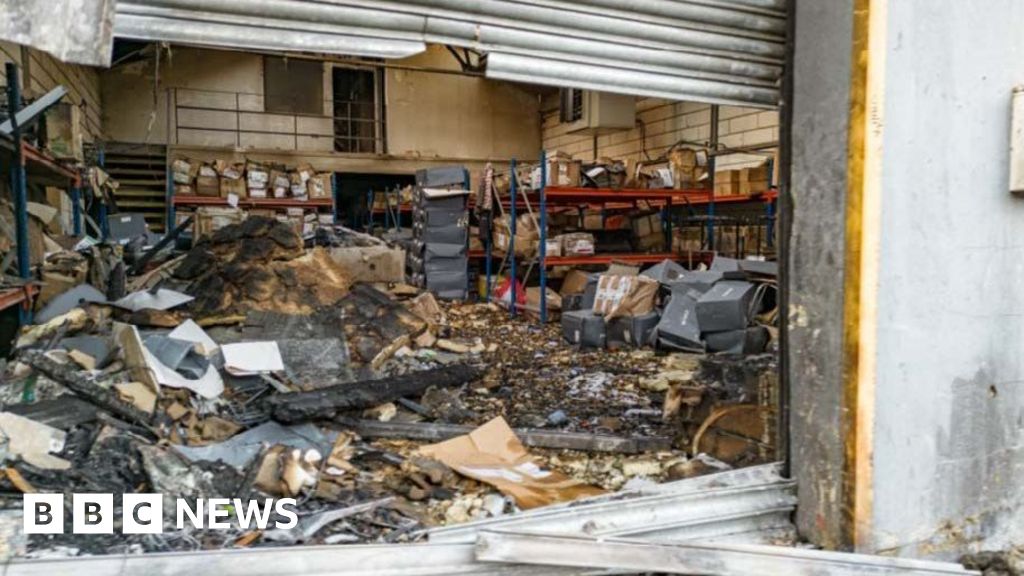London Warehouse Fire Linked to Wagner Group: Petty Criminals Involved, Not Ideology

London Warehouse Fire Linked to Wagner Group: Petty Criminals Involved, Not Ideology
In a shocking turn of events, a warehouse fire in London, discovered to contain crucial communication equipment intended for Ukraine, has been linked to Russia's Wagner mercenary group. However, the perpetrators were not driven by ideological motives, but rather by a far more mundane reason: they were small-time criminals operating in south London.
The incident occurred just before midnight on March 20th of last year. Authorities have confirmed that two individuals, known for their involvement in petty crimes, were responsible for setting the warehouse ablaze. The warehouse housed vital communication equipment planned for delivery to Ukraine, aiming to bolster their defense capabilities amidst the ongoing conflict.
The Unlikely Connection to Wagner
The connection to the Wagner Group, a notorious Russian paramilitary organization fighting in Ukraine, has raised eyebrows and sparked significant investigation. While the individuals themselves reportedly weren't motivated by political allegiance or support for Russia, evidence suggests they were hired or incentivized to commit the act.
Sources close to the investigation indicate that the criminals were approached with a proposition – a substantial sum of money in exchange for setting the warehouse on fire. The payment was allegedly facilitated through intermediaries linked to the Wagner Group, who sought to disrupt Ukraine's communication infrastructure.
Why Petty Criminals?
The use of low-level criminals highlights Wagner's strategy of outsourcing sensitive operations to avoid direct involvement and maintain deniability. Employing individuals with no apparent political affiliations reduces the risk of exposure and potential repercussions from international scrutiny.
Furthermore, these individuals are less likely to attract attention or raise suspicions, making them ideal for carrying out covert operations. Their criminal backgrounds also mean they are less likely to cooperate with law enforcement, hindering investigations.
Investigation and Aftermath
The UK authorities launched a comprehensive investigation immediately following the fire. Intelligence agencies from various countries collaborated to uncover the connections to the Wagner Group and identify the individuals involved.
Both perpetrators have been apprehended and are currently facing charges related to arson and conspiracy to commit a crime. The investigation is ongoing, with authorities seeking to identify and prosecute all individuals involved in the planning and execution of the attack, including those within the Wagner Group who orchestrated the operation.
Implications and Concerns
This incident underscores the lengths to which foreign actors, like the Wagner Group, are willing to go to undermine their adversaries. It also highlights the vulnerability of critical infrastructure to targeted attacks, even when carried out by seemingly insignificant individuals. The case serves as a stark reminder of the potential for covert operations to disrupt international relations and impact national security.
The incident has prompted a review of security protocols surrounding critical infrastructure in the UK, with increased vigilance and measures to prevent similar attacks in the future. The international community is also closely monitoring Wagner's activities and seeking ways to counter their influence and disruptive operations.






